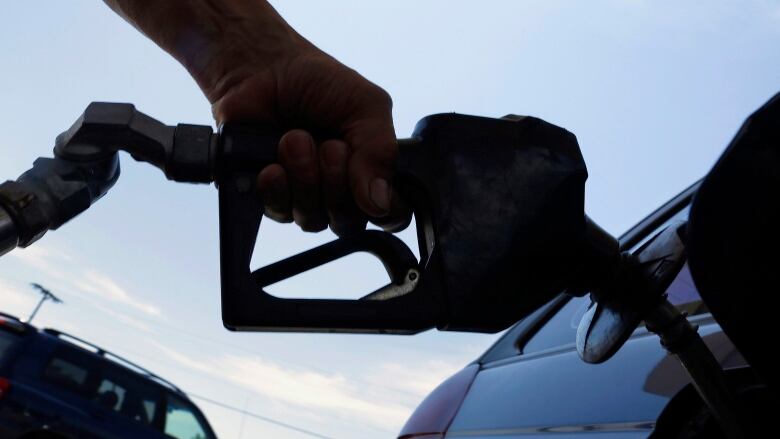Oil hits $60 a barrel as Albertans head to the polls
It was the best of times and worst of times for Alberta's energy sector

It is the best of times, it is the worst of times for Alberta's energy sector today, as West Texas Intermediateoil hits $60 USper barrel for the first time since December, just as Albertans head out to vote in a an election that could see the province's very first NDP government.
The NDP has said that if it's elected, it will raisethe corporate income tax rate in the province from 10to 12 per cent and will review Alberta's energy royalty structure.
Best of times
On Dec.11, 2014, WTI oil dipped below the $60 level for the first time since 2009, as Saudi Arabia questioned the need for OPEC to cut production.
We expect American drivers to go on a lot of road tripsthis summer.- Patricia Mohr, Scotiabank
Almostfive months later, WTIhas retaken the price pointonce again, again on a move from the Saudis.
This morning, we learnedthatSaudi Arabia had raised its official selling prices for its Arab Light grade crude to the United States and Northwest Europe, which indicates more demand from both regions.
WTI was up $1.85 at $60.77 US a barrel, a 14 per cent increase since the beginning of the year.
Patricia Mohr, a commodity specialist with Scotiabank, has been calling for this rally for several weeks. She says the move up in oil has a lot to do with the summer driving season.
"Gasoline prices are down $1.20 a gallon in the U.S., more than 34 per cent," said Mohr. "We expect American drivers to go on a lot of road tripsthis summer.We'realso seeing a very welcome turnaroundin motorvehicle sales inthe eurozone and in Western Europe, so we're expecting quite a pick up in diesel demand in the eurozone."
Mohr also said that production is starting to level off in the U.S. and should begin to decline.
"There's been a 54 per centyear over year drop in drilling activity in the four major shale areas in the United States because of low prices, with the production set to decline, the market is assuming that's going to help restorebalance in world oil market."
"So we're in a nice spring rally, I think that it will continue for a while. We're expectingoil prices to move up possibly to the $65 mark by the end of the year."
As oil has rallied, so has the Canadian dollar, up six per cent in the past three months. BMO Capital Markets describes the loonieas the best performing major currency inthe world, largely because of the rise in oil prices.
Worst of times
At the energy sector celebrates this break above $60, it is also fretting about a possible NDP government in the province. Most recent polling projects an NDP majority in Alberta, although there is much skepticism about the accuracy of pre-election polls in Alberta.
The sector is most concerned aboutchanges to Alberta's energy royalties, which last changed in 2007.
In a research report out this week, investment bank Altacorp Capital (which is partially owned by the provincial government) said a royalty review would be destabilizing.
"Based on our recent discussions with portfolio managers, there is a strong indication that their investment capital will stayoutsideAlberta until there is further clarification on what the NDP will propose on royalty rates," read the report.
"Unfortunately,with Alberta possibly heading for a third royalty change in eight years now, we believe global investors will add a degree of caution withthe province'sabilityto maintain a stable investable environment."
University of Alberta economist Andrew Leach doesn't see anything wrong with a royalty review, but does say there is a risk inherent in opening the books again.
"People have to understand there are some costs to it," said Leach. "If we become a jurisdiction (withthe reputation) that we say this is the deal until circumstances change, then that's how people are going to treat investing in Alberta, they're going to say I'm not willing to invest here unless I can make enough money fast enoughthat I can avoid the change in royalties that come down the road."












_(720p).jpg)


 OFFICIAL HD MUSIC VIDEO.jpg)
.jpg)



























































































